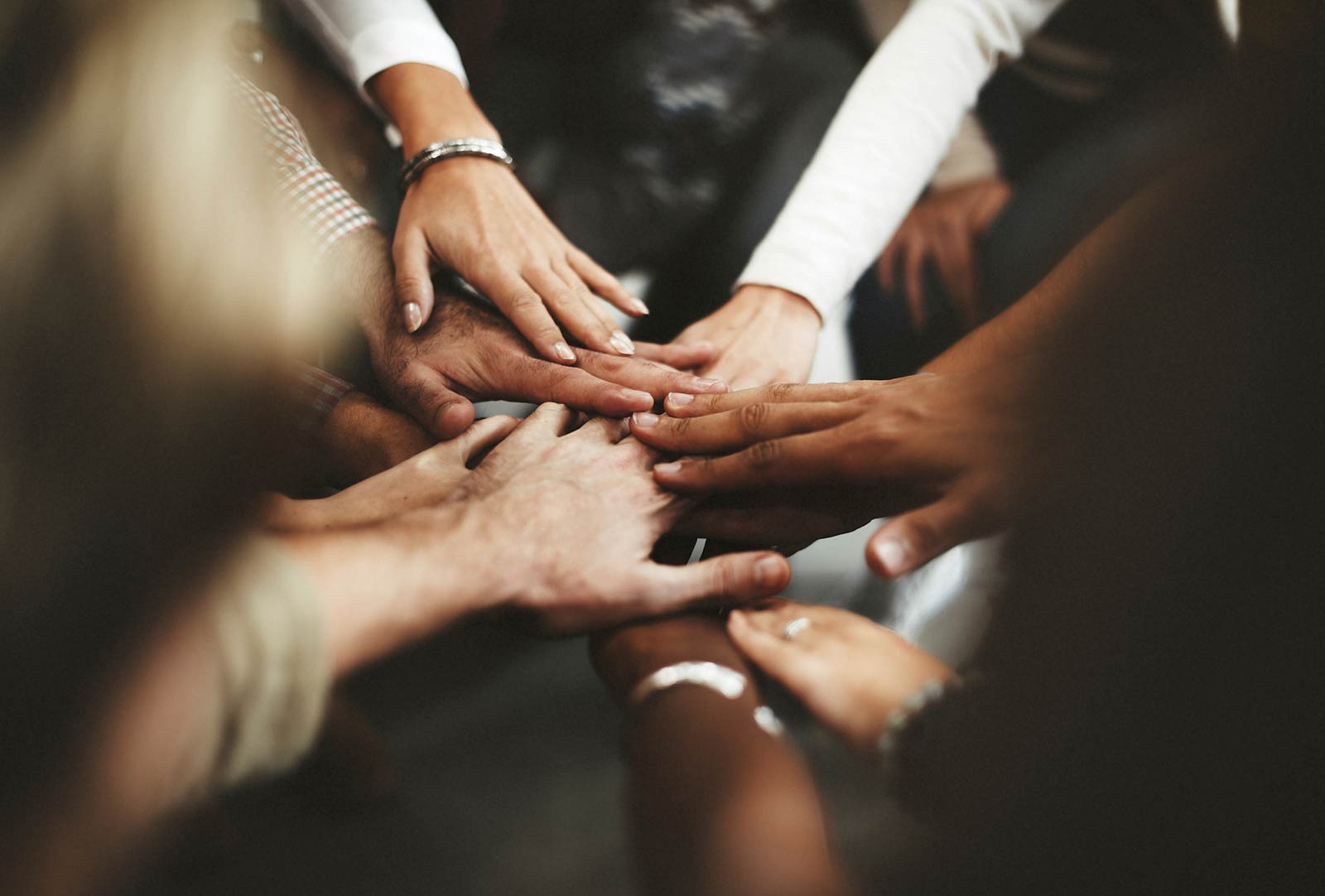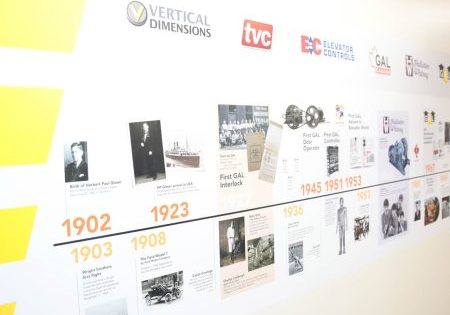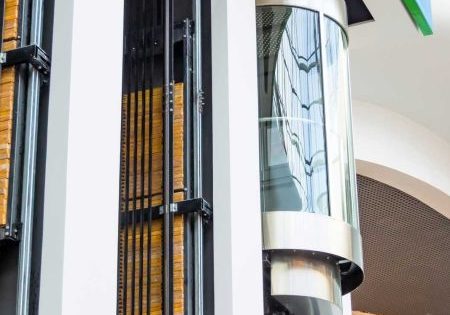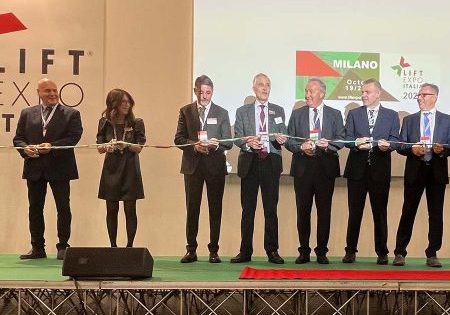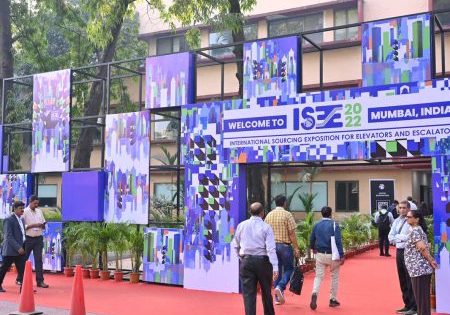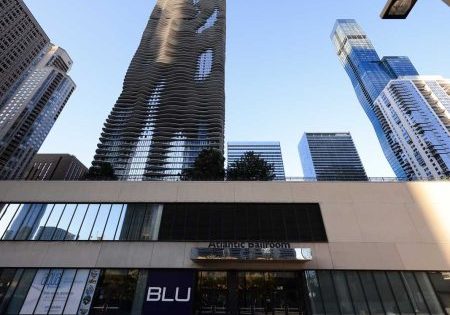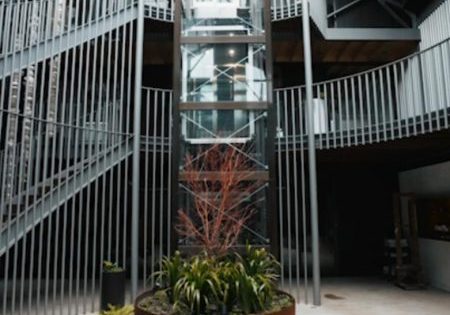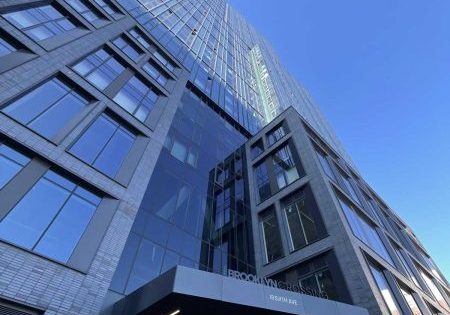Taking industry diversity efforts to new heights
In June 2021, President Joe Biden signed an executive order to improve diversity, equity, inclusion (DEI) and accessibility in the federal workforce. As a result, the Office of Federal Contract Compliance Programs eventually set a goal to have 6.9% of workers on federal contracts of more than $100,000 be female workers. This is notable specifically for the construction industry, which has historically been male dominated. According to the U.S. Department of Labor Bureau of Labor Statistics, women make up less than 1% of elevator constructors.
But, if the 2022 Tradeswomen Build Nations Conference held in October 2022 was any indication, hope is on the horizon. Female technicians from around the country gathered in Las Vegas to discuss DEI in the vertical-transportation (VT) industry. This unique event celebrated the progress the industry has made, but it also recognized there is still much work that needs to be done to embrace women and people of color in the trades.
For the building transportation industry to thrive and not simply survive in the coming years, it must recruit from a diverse talent pool, embracing all genders, races, ethnicities and orientations. It also means making every member of the workforce feel welcome and safe, from apprentices starting their first day on a jobsite to veteran workers in the twilight of their careers. The ironworkers, for example, have charted a strong course on DEI efforts in the construction industry with inspirational programs like “Be That One Guy,” a campaign that encourages men on jobsites to stand up to discrimination or workplace bullies on behalf of diverse employees.
The benefits of a diverse workplace are immeasurable when it comes to the individual employee experience, but an inclusive workplace can benefit companies tremendously, as well. As demonstrated in other industries and organizations, diversity often means more innovation, as companies broaden their access to more forward-thinking and financially beneficial ideas. An inclusive culture also helps reduce employee turnover and keeps top talent invested in their jobs for the long run. This is something that is recognized by leaders throughout the VT industry, including the National Elevator Industry, Inc. (NEII).
Leading by Example
DEI is a high priority among NEII’s leadership team. As an authoritative voice in the industry, NEII has actively engaged VT companies to take meaningful action. In 2022, NEII launched its inclusive personal protective equipment (PPE) challenge with its premier members offering size and gender inclusive equipment and uniforms. NEII challenged other companies to follow suit to ensure every technician can work safely and comfortably.
NEII board of directors’ president, Erik Zommers, who is senior vice president/general manager of Mitsubishi Electric US, Inc.’s Elevator and Escalator Division, noted:
“As the premier association for the elevator and escalator industry, NEII has the positioning advocate for the well-being of the people whose work advances product innovation and passenger safety. That means doing what we can to bring diverse talent into the industry and help ensure that employees feel valued, respected, seen and heard in their working environments. We are actively working as a trade association to improve DEI efforts across the industry.”
For Mitsubishi Electric US, Inc.’s Elevator and Escalator Division, that also meant appointing a leader with diversity certifications to oversee its enhanced DEI efforts. Margie Harvey, director of marketing and social responsibility for Mitsubishi Electric US, Inc.’s Elevator and Escalator Division, and NEII’s Communications Committee chair, said:
“I am a member of the Mitsubishi Electric US, Inc. DEI Committee and diversity, equity and inclusion have always been important to us. We are proud to put even greater emphasis on DEI with renewed efforts, trainings and initiatives. As the Elevator and Escalator division’s new DEI leader, I will be working with all our employees – including leadership, our field members, office staff and warehouse employees – to help ensure a more diverse, equitable and inclusive environment in every area of our company.”
Otis Elevator Co. has been engaging Employee Resource Groups (ERGs) for years, which helps the company attract, retain and develop a diverse community of team members. Those employee-led groups provide mentoring, mutual support and more based on the interests and needs of their membership. Notably, Otis’ FORWARD group was developed in 2017 to support women in field operation through networking, mentoring and development training in what has traditionally been a male-dominated profession. What started as a group of 12 members has grown to more than 300 and includes Otis apprentices, mechanics and office-based field operations employees across nine countries. FORWARD has created an environment for team members from all parts of the company to exchange ideas, share information and cultivate leaders who will be there for the next generation of women who join the VT industry.
Dot Mynahan, executive director, Field Service for Otis Americas and co-founder of Otis FORWARD, said:
“FORWARD has been invaluable to Otis, and I would encourage all companies to develop similar programs. It has taken a lot of time, dedication and hard work, but it has been amazing to see the Otis women joining together as a community and supporting one another. Often, there is only one female mechanic in the local [union] or within an entire geographical area, and that can be incredibly lonely. FORWARD connects women in the field with each other and with women in leadership positions at Otis who are all there as resources. I’m really proud of FORWARD and the difference it is making for our female employees.”
Getting Started
While many companies may recognize the urgent need to create a more diverse workforce, some are struggling with how to be most effective in their efforts. The formula for success involves taking varying approaches to retention and attraction.
Several areas of focus could help improve the diversity of the workforce and conditions of the workplace, and NEII is committed to discussing meaningful recruitment and retention initiatives. Perhaps collaborating with general contractors and other industry partners, the following initiatives could be studied together in the future – a) how to have more flexible childcare available for working families in construction, b) ombudsmen or neutral third parties stationed on construction sites for workers to share concerns, problems or ideas freely, and finally, c) efforts to develop a jobsite environment where standing up and speaking out against discrimination is recognized and applauded. Some related pilot programs already exist in the construction industry, which we will discuss within NEII and with our construction industry partners to see how these causes might be advanced. In the meantime, NEII will be gathering information about existing programs industry personnel may want to utilize. We will post details on our website (neii.org) and distribute information through our Insider newsletter.
After committing the necessary tools and resources to supporting what companies currently have, they must then focus on what else is needed: a skilled pipeline of apprentice candidates. This need has become even more critical in the elevator industry as skilled tradespersons are retiring. NEII is helping develop a pipeline of diverse and talented candidates who are already interested in working in the building trades by educating them about the opportunities in the industry. There are many highly recognized national and local programs that can be valuable partners, including but certainly not limited to:
SkillsUSA
SkillsUSA is a non-profit national education association serving middle school, high school and college/postsecondary students preparing for careers in trade, technical and skilled service occupations. SkillsUSA serves more than 331,000 students and instructors annually. It hosts local, state and national competitions to develop key skills in trades.
Building Pathways
Building Pathways is a non-profit organization based in Boston and founded by the Greater Boston Building Trades Unions. They are focused on recruitment, retention and advancement of under-represented groups in the union building trades. Executive Director Mary Vogel said of the benefits of diversity in the building trades:
“The building trades offer high-paying careers with competitive benefits without the need for a college degree. These careers hold particular promise for individuals – such as women and people of color – who, without college degrees, struggle to find and maintain high-paying, stable jobs. Construction careers are not just critical to ending income inequality and providing women and people of color economic security, but they also bring a unique kind of empowerment that comes with work that allows you to point to a high rise, a bridge, a road, and say, ‘I built that!’”
Helmets to Hardhats
Helmets to Hardhats has been a longtime partner of the VT industry and is a national nonprofit program that connects transitioning active-duty military service members, veterans, National Guard and Reservists with skilled training and career opportunities in the construction industry.
CareerWise
CareerWise places DEI at the core of their business-led, student-centered model. They work to launch youth apprenticeship programs to support the talent acquisition and development needs of employers.
A Better Tomorrow
Change is happening. Across the country, many states and cities are setting standards and mandates requiring apprenticeship and employment opportunities for women, minorities and economically disadvantaged workers be made available in the construction trades. In Massachusetts, for instance, state guidelines are in effect that each construction contract should include the following workforce participation goals: a minimum of 15.3% of construction hours performed should be completed by minority workers and 6.9% by female workers. In Boston, these participation goals apply to both private and public projects. And in Portland, Oregon, there is a minimum 18% aspirational goal for minorities, and 9% for females on city-funded construction projects for apprentices and journey-level workers.
The future of the VT industry lies in its people, and its success will require a commitment from all to embrace and support a more diverse workforce. The VT industry is moving in the right direction, as the massive celebratory parade down Las Vegas Boulevard at the 2022 Tradeswomen Build Nations Conference demonstrated. Now, all it has to do is keep moving forward.
Get more of Elevator World. Sign up for our free e-newsletter.
